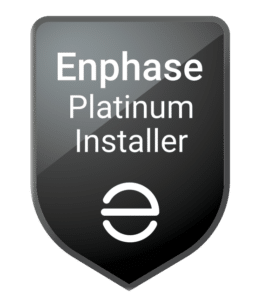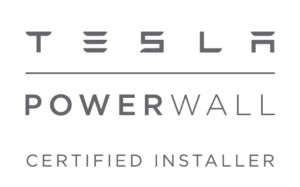In recent years, the global push towards sustainable energy sources has led to a surge in the adoption of solar power. As technology has advanced and costs have decreased, solar energy has become an increasingly attractive investment for individuals and businesses alike. Beyond its environmental benefits, solar energy offers a compelling financial case, presenting itself as an investment that not only pays for itself but also generates long-term returns. In this article, we will delve into the ways in which solar energy can be a financially rewarding investment.
Initial Investment and Payback Period
Undoubtedly, one of the first considerations for any prospective solar energy investor is the initial cost. The installation of solar panels and associated equipment can represent a significant upfront investment. However, it’s important to view this in the context of the long-term financial benefits.
With the declining cost of solar panels and the availability of various financing options, the initial investment in solar energy has become more accessible than ever. Furthermore, government incentives and tax credits can significantly offset the upfront costs, accelerating the payback period, which is typically 5 – 7 years depending on the size of your solar energy system.
Energy Cost Savings
One of the most compelling financial incentives for investing in solar energy is the substantial savings on electricity bills. By generating your own electricity from the sun, you can significantly reduce or even eliminate your reliance on the grid, thereby slashing your monthly energy costs. In many cases, solar panel systems have a lifespan of 25 years or more, offering decades of energy savings once the initial investment is recouped.
Net Metering
Net metering allows you to gain a credit on your electric bill from the excess electricity your solar panels produce and export back to the grid. When sending your solar generated energy back to the grid, your utility meter will spin backward. When you consume grid-supplied electricity, your meter will spin forwards.
With solar net metering, your utility company tracks the amount of energy you use, and the amount that your solar panels produce and share with the grid:
- If your electric bill is negative:
- Your net energy consumption is less than the amount your solar panels produce, and your utility provider will credit your account.
- Credits never expire so these can be rolled over into future months where you may owe on energy consumed by the grid.
- If your electric bill is positive:
- Your net energy consumption is greater than the amount your solar panels produce, and you will be billed for the energy you used from the grid.
Because seasonal weather is a key consideration in New England, Massachusetts’ net metering policy even permits solar panel users to bank net meter credits in the summer months to apply to wintertime bills when there is less sunlight! Or, if you have a second home or are a seasonal resident, you can bank credits when you are not home to use later.
Property Value Appreciation
According to the Office of Energy Efficiency & Renewable Energy, studies have shown that homes and commercial properties equipped with solar energy systems command higher resale values and are more attractive to buyers. Potential property buyers are increasingly factoring in the presence of solar panels when making purchasing decisions, recognizing the long-term cost savings and environmental benefits associated with solar energy. Therefore, investing in solar power can be seen as a strategic move to enhance the value of your property.
Environmental and Social Benefits
While the financial returns of solar energy are compelling, it’s important to note that the benefits extend beyond monetary gains. By investing in solar power, individuals and businesses contribute to the reduction of greenhouse gas emissions and the overall sustainability of our planet. This aligns with a growing societal emphasis on corporate social responsibility and environmental stewardship, which can further enhance the appeal of solar energy investments.
Solar energy represents a valuable investment that not only pays for itself but also yields long-term financial rewards. With declining installation costs, ongoing energy savings, potential income generation, and property value appreciation, the financial case for solar power is stronger than ever. Moreover, when considering the broader environmental and social benefits, investing in solar energy emerges as a compelling choice for individuals and businesses seeking both financial returns and a sustainable future.
Are you thinking about installing solar at your home or business? My Generation Energy has been installing the highest quality solar design and installation on Cape Cod, the South Shore, South Coast and Greater Boston area since 2008.





